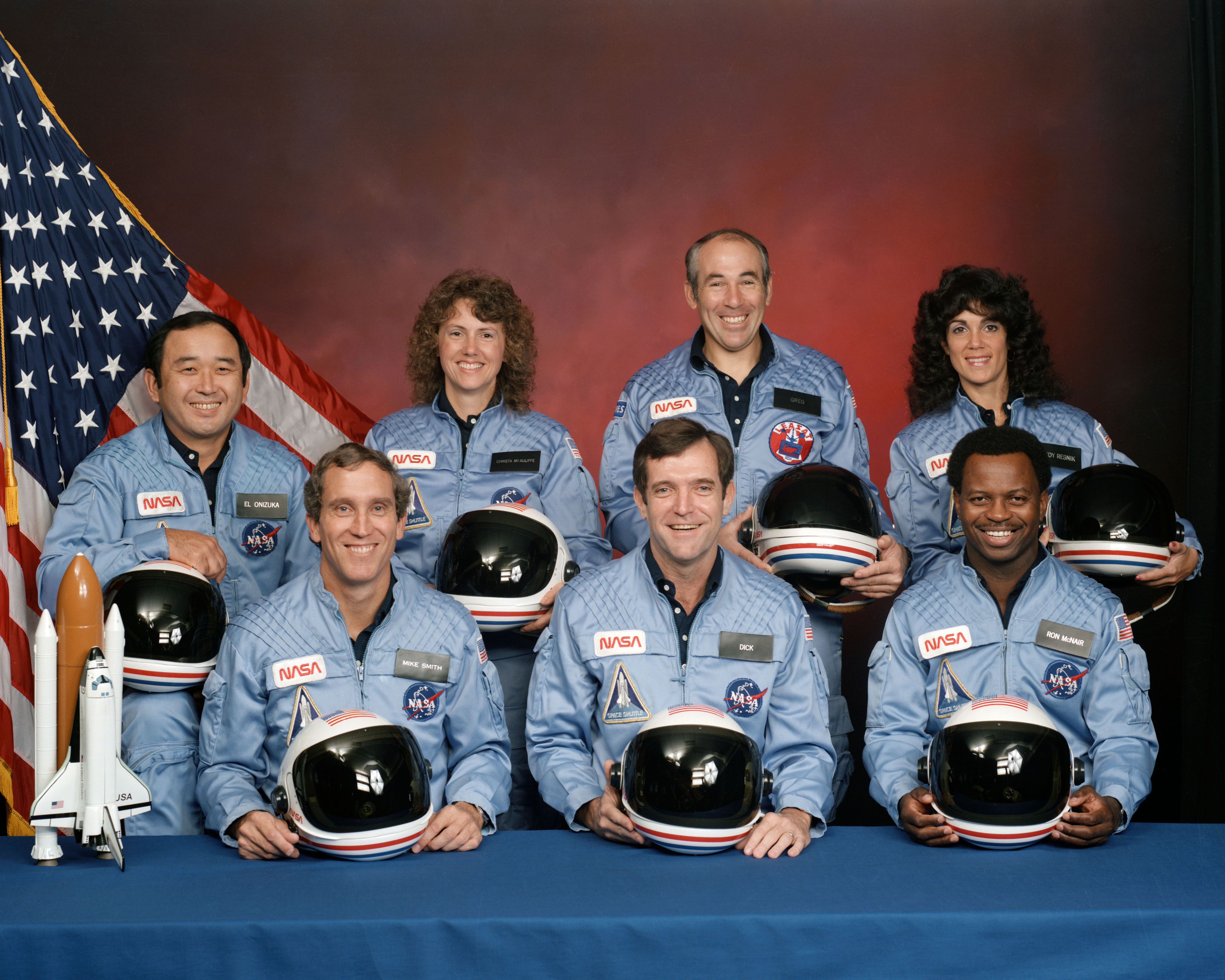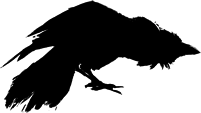Rather than the typical Book Cover Throwback Thursday, I’m going for more of a general Throwback as today is NASA’s Day of Remembrance for all of those who have died in our exploration of space.
Being a science fiction writer, the realities and dangers of space travel are part of my job and part of my research. But they are also part of a fascination that I think most sci-fi authors have with space. What’s out there beyond our solar system? Who’s out there? Are we alone, or are we one of many civilizations making it through the day? Will we ever leave our solar system?
I was seven the first time I looked through a telescope. How could something so far away look so close, so real? We didn’t have the technology we have now. When drawing the planets (which included Pluto!) in school, Mars was a red ball and Neptune, blue. We weren’t taught about the craters of Mars or the ice hidden beneath the surface. Yet my imagination soared at the idea of living somewhere else.
1986 was a big year. It was the year I watched Halley’s Comet pass by our planet, and the year that I learned that teachers were mortal beings.
We lived in Florida during most of my elementary school career, so when the Challenger space shuttle was announced, I was excited to be able to watch it. My entire life, all I ever wanted to be was a writer and a teacher. For me, teachers were the keepers of knowledge. They were stand-in mothers in my life, and people worthy of great respect. I hadn’t yet discovered sci-fi and fantasy books, but I figured someone out there must write about the planets. Maybe teachers became astronauts to do just that.
Christa McAuliffe was my hero before the shuttle left the earth. I knew about Sally Ride, but I’d been too young to appreciate her trip to space. Christa was a teacher–she was what I wanted to be and thus, was my hero. She was going to teach science from space. There could be no cooler person in my world.

And then the shuttle exploded. This hero of mine was mortal and gone.
For a good few years, space scared me. The idea of going up there in a metal tin-can that could rain fiery debris upon the earth so easily, made me afraid for every astronaut. How could they lay their lives on the line like that? It gave me great respect for those who’d made it to the moon.
But if we couldn’t launch a shuttle with great odds, how would we ever make it to Mars? To Neptune? To the rest of the galaxy?
In middle school, I discovered both David Bowie’s Space Oddity and science fiction. (I knew about Star Wars and Star Trek, but didn’t really think about those as science fiction yet.) Tales from Ray Bradbury, Robert Heinlein, Anne McCaffrey, etc. helped me dig deeper into the questions surrounding space and space exploration. I read about Apollo 1 and the other Apollo missions, about the Hubble Space Telescope and our attempts to see and document beyond our solar system.
Space was exciting again, and I scribbled stories about the fascinating creatures we’d meet someday in another galaxy.
In 2003, I was teaching English at a school in North Texas. February 1st was a Saturday and the news was reporting that we’d be able to see the Space Shuttle Columbia upon its reentry into Earth’s atmosphere. By the time Columbia reached Texas, witnesses in several states to the west had already observed shiny flashes and flares. Rather than a shuttle, debris rained across North Texas.
Fields around the schools of my school district were closed as some debris was recovered. The news reported folks finding human remains along the debris paths. I remember having students who were afraid to run outside during athletics for fear that they’d stumble across body parts.
I don’t think words exist to describe watching both incidents happen, and while both disasters were certainly tragic, they were brave sacrifices made to continue our search for universal answers. When I see video from the International Space Station or listen to astronauts and researchers talk about the studies being done up there (as I did at several panels at WorldCon/Sasquan), I’m reminded that risk is a part of everything we do–every great stride forward and every answer found.
The strides astronauts make will continue to push the boundaries of what we know and inspire science fiction writers to dream a little bigger. And it is on this day, and those that follow, that we honor them.
(Image of the Challenger Crew is Copyright NASA and used under fair use.)

